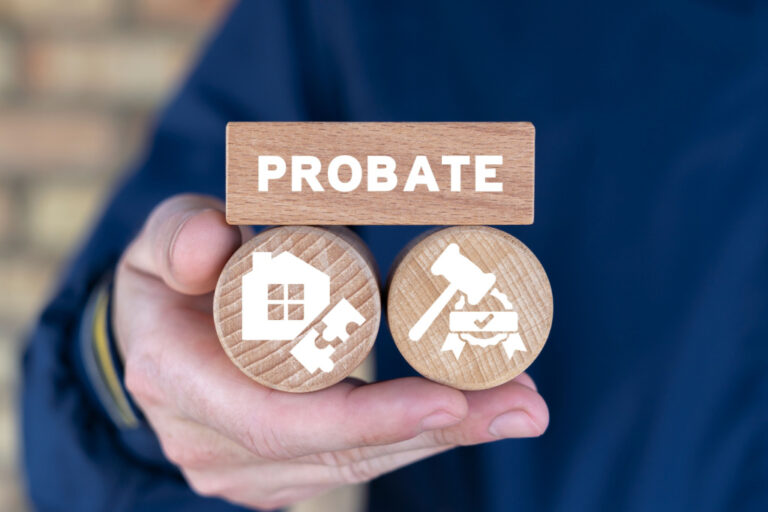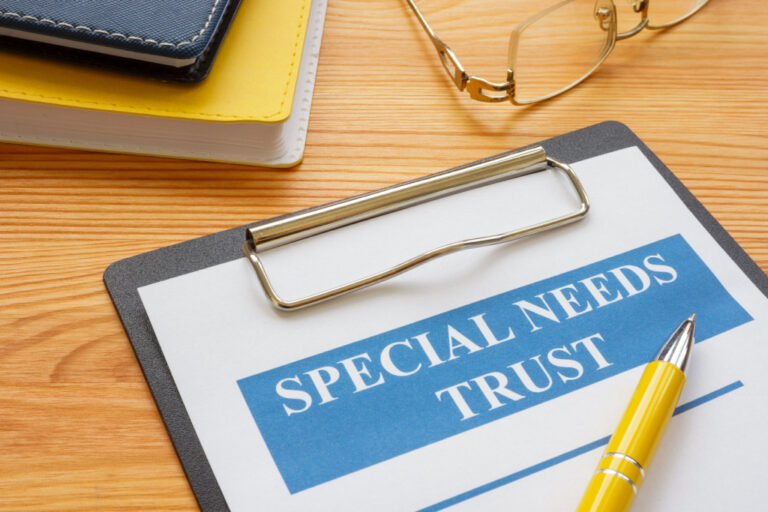Wills and trusts are essential to estate planning. Although they’re often used interchangeably, wills and trusts work differently and have different purposes. Some people might need one or the other, while others could benefit from having both. Estate planning can feel overwhelming; that’s precisely why so many people avoid it. But planning your estate doesn’t have to be difficult. Below, we’re discussing wills, trusts, and how to come up with a plan that suits your needs.
What is a Will?
A will is a legal document that outlines how you want your property and assets to be distributed after you die. Wills are some of the most commonly-used estate planning tools because they can be as simple or complex as the writer wants them to be. You can include everything from establishing heirs to designating guardians for your minor children. Keeping an updated will ensure your heirs receive what you want them to. Although wills must often go through probate to determine their validity, it’s a much simpler process than when someone dies without a will. A valid will allows the court to streamline the process of handling your estate while allowing your loved ones peace of mind.
What is a Trust?
A trust is a fiduciary agreement in which one party assigns a trustee to hold that party’s assets on behalf of a beneficiary. There are several types of trusts, including revocable and irrevocable, that can serve as a great benefit to someone planning his or her estate. Trusts operate outside the court and avoid the probate process altogether, but writing a trust is often more involved than writing a will.
Different trusts serve different functions. For example, a living trust is created while the guarantor is alive that can be easily changed as circumstances change. The guarantor appoints a trustee, but is still in control of his or her assets. Also known as revocable trusts, a living trust is one of the most common types used in estate planning.
What Else is Included in an Estate Plan?
Whether you choose a will, trust, or both is up to you. Those aren’t the only components of an estate plan, either. Depending on your circumstances and preferences, you may want to add a healthcare directive or assign a power of attorney (POA). The complexity of your plan is completely up to you. In addition to a healthcare plan and POA, a will and trust will cover all the bases for most people. Read here to learn more about the basics of planning your estate.
When Should You Start Planning Your Estate?
While most people think they should wait until they are older or have more assets to begin estate planning. However, it’s never too early to begin planning your estate. Everyone needs a will, and the best time to start is now. Creating the foundation for your estate is one of the best gifts you can give your loved ones – and yourself.
When someone dies without a will or estate plan, their asset distribution is up to the state. Avoiding probate can preserve your estate and avoid a stressful, lengthy process for your loved ones. The best way to protect your estate is with strategic estate planning with the help of an expert. At L. Jennings Law, we work by your side to build a custom estate plan that’s tailor-made for you. Contact us today to discuss your estate planning needs during a free consultation with L. Jennings Law.







